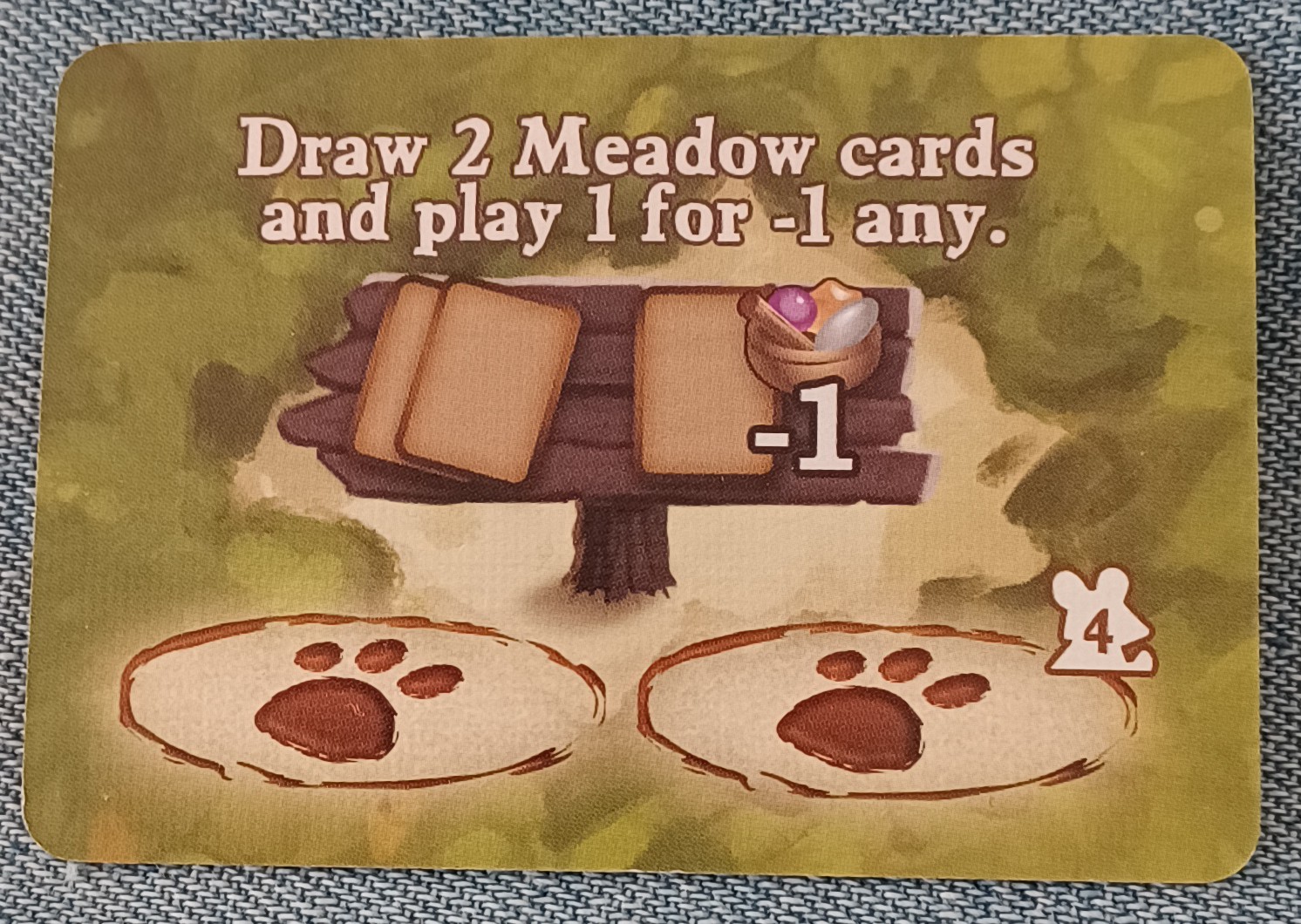I have another question that highlights the importance of correctly wording card text and/or the need to read the text of previous editions of many Magic cards (and not only the available Oracle Text).
Let’s suppose Active Player has a Wardscale Dragon in play from several turns, and it’s the only creature in play.
It’s the draw phase, and immediately after drawing the card, the Defending player –
who has 4 life remaining only –
decides to play his last Magic card:
specifically, a reprint from one of the more recent sets.
Defending player knows perfectly the text of the White Dragon card the Active player owns, and therefore hopes to save himself by casting Fog before the Attack phase,in order to avoid it,since he can’t cast no more spells during the attack phase
(before damage is assigned).
He believes everything is fine, because the recent card text doesn’t mention the need to cast Fog during the Attack phase.
So, he tries to prevent any damage while also evading the protection from spells provided to Active Player by the White Dragon.
The Active player, however, shows to the Defending Player a Fog card from the very early Magic sets, which clearly states that a Player must:
- “play [Fog] any time before attack damage is dealt.”
This old card text admits that Fog has to be cast during the Attack Phase (before damage is assigned).
The defending player, however, still complains, pointing out the complete absence of a specific Fog Ruling in its latest reprints.
Finally, my question obviously ends up with this:
-“Who is right?”
Thank you so much.



